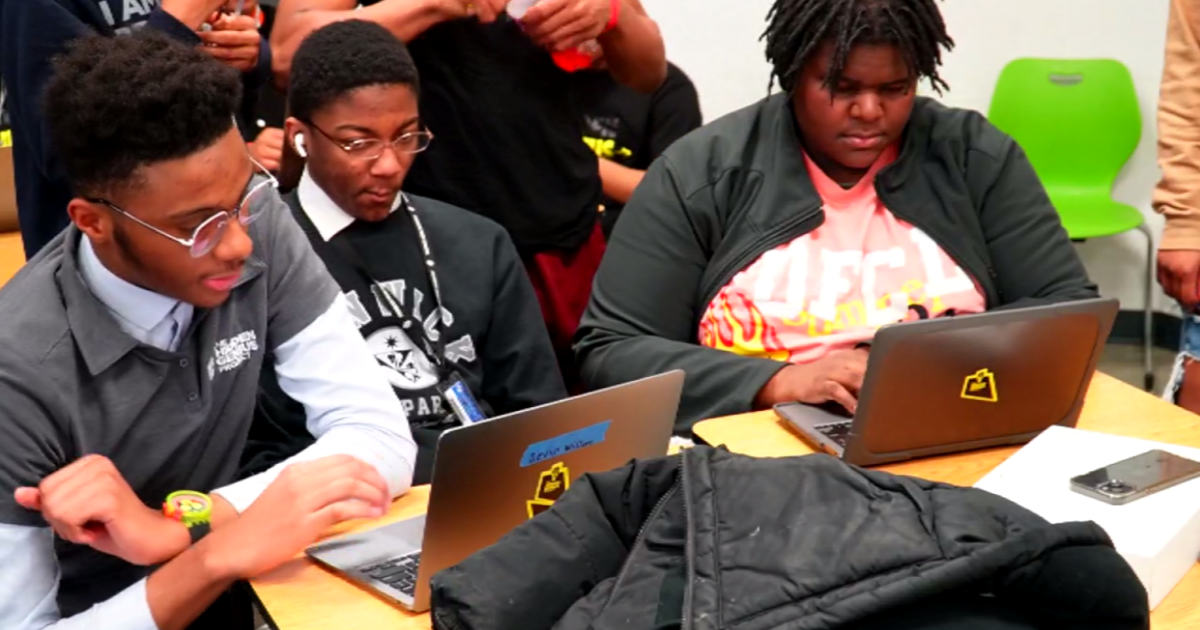Chicago pilot program helps Medicaid patients with high blood pressure get healthy food
CHICAGO (CBS) -- In Pilsen, a pilot program is helping Medicaid patients reduce chronic health conditions through healthy food.
Over the past year, Eddie Chavez has found the keys to better health come in a cardboard box with pineapples, oranges, cauliflower, and broccoli.
"The right sort of food, which comes in handy," he said.
It's the sort of food that can help the 60-year-old manage his high blood pressure and diabetes.
"Twenty years eating everything you know that you're not supposed to eat. Now, within a year or two changing the lifestyle, eating the right things, that's the hardest part. Keeping track is even harder," he said.
That challenge is what a pilot program is trying to address.
Every week for the past year, Chavez and more than 100 other hypertensive Medicaid patients have received a box of fresh produce delivered to their home for free, thanks to funding from the U.S. Department of Agriculture and a team of partners.
"I think amongst all three of us, as partners, we saw that gap in connecting both the actual boots on the ground food services, and providing these patients with healthy foods, and with Alivio too," said Ashley Kloos, director of care innovation and quality at Medical Home Network.
Simply put, the partnership works like this: Top Box Foods provides the food. Alivio Medical Center in Pilsen chooses the participants, provides coaching, and tracks their progress. Medical Home Network serves as the connector and analyzes the data.
"Tomatoes are actually what's really good for your hypertension. These are high in potassium," said Louis Alamilla, a dietician at Alivio.
Alamilla is Chavez's dietitian, making sure he knows what to do with the produce he's getting.
"I've been a dietician for five years, and even cooking in itself can be intimidating as well, but more than anything, it's just starting, getting your feet wet. You learn from practicing," Alamilla said.
Chavez pointed to the relationships he's built and the intangibles of a program like this as the reason he's made progress, seeing his blood pressure drop into the controlled range within a year. He's managing his diabetes better too.
"Every now and then, I fall off track, and I get this phone call, 'Hey, it's Louis. Hey, Ed, how are you doing? You've got to get back on track.' It does help. It does help knowing people are there," Chavez said.
He admits no one loves to hold him accountable more than his kids.
"You've got 'Dad, you can't have that. Dad, you can't eat this. Dad, you can't have that.' They're awesome," Chavez said.
The program is one year into its two-year pilot phase. There are no official results yet, but leaders from Medical Home Network said patients like Chavez have seen their blood pressure fall into the controlled range – which is the goal of the program – while also reducing health care costs.




